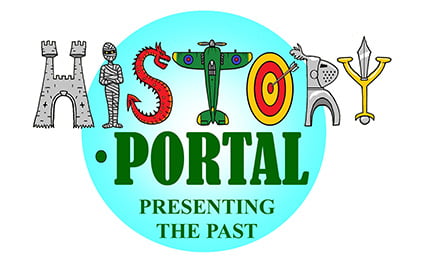
It is interesting to note that authoritarian governments don’t appear to last as long as democratic ones, unfortunately, they tend to be replaced by even more totalitarian regimes.
Why is that?
Authoritarian systems have a structural weakness, which is that those opposing them are removed, normally not that peacefully! The effect of this is that there is no logical democratic regime around to replace them, as they have all been eliminated or have gone underground.
Dictatorship
Which is another word for an authoritarian system and is government where one person or group of people have absolute power.
To advance in such a society, inevitably, you don’t speak truth to the leaders. Everyone looks after themselves, knowing that telling the truth to the top could be dangerous. Leaders don’t like hearing what they don’t want to hear. You see they regularly kill the messenger! This, naturally, leads to dishonesty along with corruption all the way up the command chain, the effect is that by the time information reaches the top it has passed through many hands, all who have modified it to protect themselves.
The Truth
The result is that the information the top gets has no relationship with the truth. The consequence is that on this faulty information decisions are made, which is what gets them into problems and as they are dictators, they don’t change, also because they don’t believe what they are being told. The truth is always something a dictator never hears, and if he does, he changes it to the truth he wants.
An example
A classic example of this is what happened at the beginning of the invasion of Ukraine in 2022. President Putin was convinced his army would reach the capital city, Kiev, and then control the whole country within 40 hours. He knew it would happen as his people had told him how impressive his army was and, of course, he believed it. They weren’t telling him the truth, they weren’t that stupid, the truth was too dangerous.
Look at the mess he got himself into as a result of his dictatorship, of course, he wasn’t wrong with the result that several of his top people mysteriously fell out of high windows!
The free press
In a democracy there is a free press, however, the leader will still be told lies but the free press can tell a different story.
A free press can also tell lies, which it frequently does, however as it is free, there are many different news outlets, with many different views. This means that you, and the leaders, get a variety of different views, helping your leaders and you to decide.
Conclusion
We must accept that we all have different views, and we should take this into account when we vote. The result maybe a government with diverse views to mine, but as we all have differing views, we have to accept that more people don’t have our view, but they are those of the majority. We have to work harder to get our views over next time, and there will be a next time as This is democracy.
The musical
Educational Musicals have published a musical called Athens – the Birth of Democracy which tells you about how it started 2,500 years ago in Athens in Greece.
If you go to https://www.history-portal.com/show/athens-the-birth-of-democracy-2/ you can download the show after reading two pages of script and hearing two songs from the show.
Isn’t History fun?
10 questions to discuss:
- Beyond Structural Weakness: While highlighting the lack of alternative regimes, are there other specific weaknesses inherent in authoritarian systems that contribute to their downfall?
- Fear and Corruption: Can you elaborate on the specific mechanisms or consequences of fear and corruption within authoritarian regimes, and how they distort information flow?
- Dictators and Information Bubbles: Beyond self-censorship, are there other methods authoritarian leaders use to control information and create echo chambers around themselves?
- Beyond Ukraine Example: Are there other historical examples of how misinformation and distorted information contributed to disastrous decisions by authoritarian leaders?
- Free Press Nuances: While acknowledging the benefits of a free press, are there also potential downsides or challenges associated with media bias and misinformation in democracies?
- Beyond Majority Rule: Is the concept of “majority rule” sufficient for a healthy democracy, or are there other important features such as minority rights and individual freedoms?
- Evolution of Authoritarianism: Do authoritarian regimes ever evolve into democracies, or are they inherently destined to be replaced by even more extreme systems?
- Global Trends: Is the trend towards authoritarianism globally concerning, and if so, what factors are contributing to this trend?
- Individual vs. Collective Responsibility: How can individuals within both authoritarian and democratic societies contribute to promoting critical thinking, responsible information consumption, and constructive dissent?
- Future of Governance: Considering the complexities of both systems, what potential models or reforms could lead to more effective and responsive forms of governance in the future?
These questions encourage deeper exploration of the blog’s arguments, considering historical examples, potential nuances, and broader questions about the future of governance models.
For more information of Democracy go to:
©Tony Dalton

